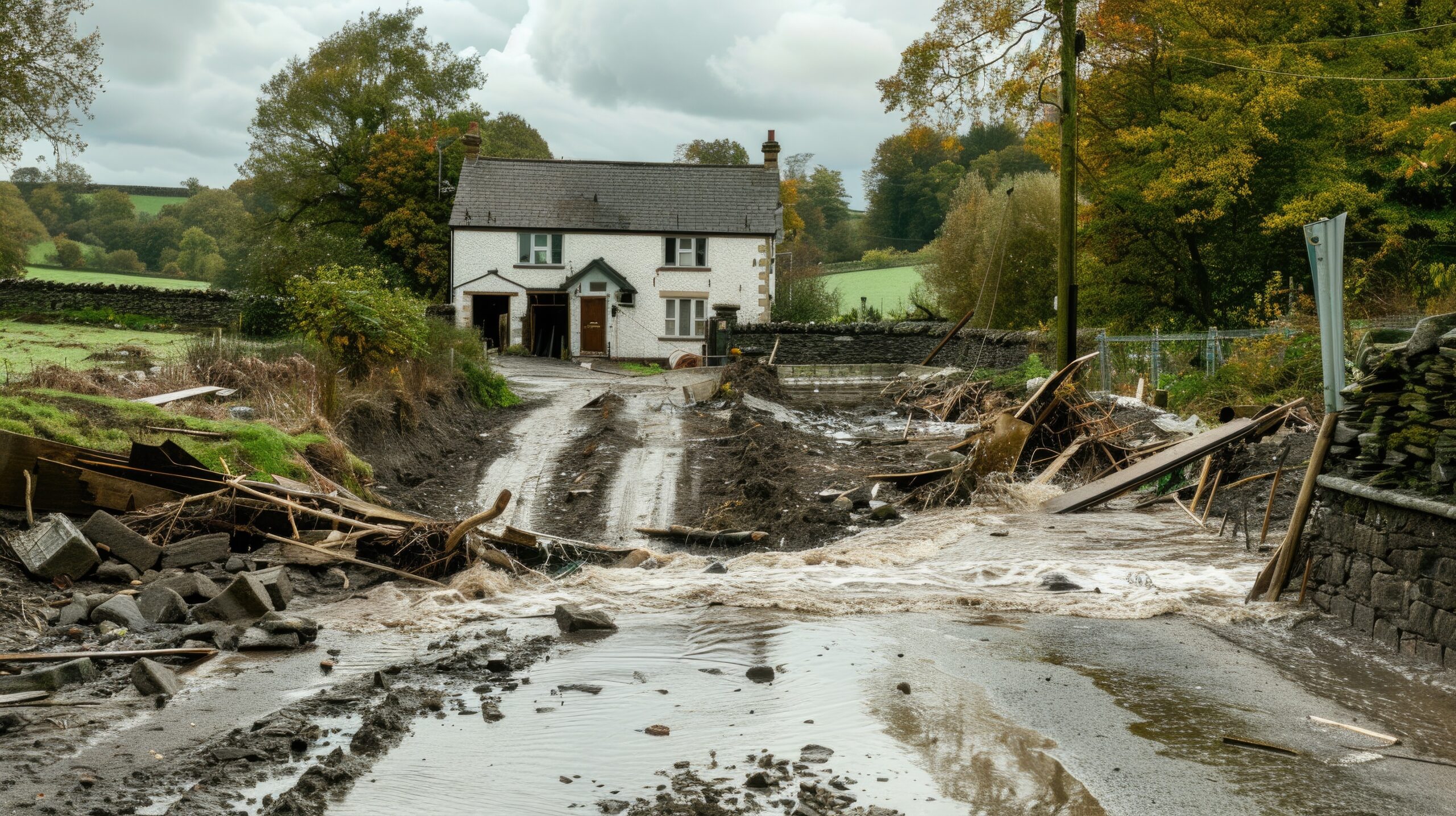Navigating employee leave requests during natural disasters like hurricanes can be a delicate process for businesses. Employers must balance supporting their employees while following legal guidelines, especially when it comes to federal laws like the Family and Medical Leave Act (FMLA), the Uniformed Services Employment and Reemployment Rights Act (USERRA), and internal company policies.
Providing Family and Medical Leave During Natural Disasters
One of the first questions employers face after a natural disaster is whether to provide family and medical leave to affected employees. The FMLA might come into play if an employee develops a serious health condition or needs to care for a family member. If an employee qualifies for FMLA, they can take up to 12 weeks of unpaid leave, provided they meet the eligibility requirements.
It’s worth noting that while FMLA sets a minimum standard, your company’s policies might offer additional protection. In the event of a disaster, some businesses voluntarily choose to extend leave beyond legal requirements, even though they aren’t obligated to do so. This flexibility can help support employees during these challenging times, which in turn fosters employee loyalty and trust.
What Happens If an Employee Is Already on FMLA?
Things can get complicated if an employee is already on FMLA leave when the business suspends operations due to a natural disaster. The good news is that FMLA regulations provide guidance here. Employees on FMLA leave are entitled to the same rights and protections they had before taking leave, but no more. For example, if your business shuts down and everyone else is laid off or suspended, an employee on FMLA leave wouldn’t be treated differently.
If an employee’s job was legitimately eliminated due to a lack of work, the employer doesn’t have to reinstate them simply because they were on FMLA leave. However, the employer must prove that the employee would have lost their job whether they were on leave or not. If the employer can’t demonstrate this, the employee might have a case for claiming FMLA interference.
On the other hand, if the business suspends operations and employees aren’t required to report to work for a certain period, that time can’t count against the 12 weeks of FMLA leave. If others are allowed to work remotely or transfer to a different location, employers should extend the same options to the employee on FMLA leave.
Do USERRA Laws Protect Employees Called to Serve as Relief Workers?
According to the U.S. Office of Special Counsel, USERRA is a U.S. federal law passed in 1994, that protects the employment and reemployment rights of individuals who serve or have served in the uniformed services. USERRA ensures that military members, including reservists and National Guard members, can return to their civilian jobs after completing service duties without facing job discrimination due to their military obligations.
USERRA aims to minimize the disadvantages service members may face in their civilian careers due to their service commitments. In fact, USERRA laws protect employees called upon to serve as relief workers to help during natural disasters. Employees covered by USERRA also have the right to ongoing healthcare coverage and to reinstate coverage upon returning to work.
What If Employees Volunteer for Hurricane Relief Efforts?
Another common scenario during hurricane recovery efforts is when employees want to volunteer to help. While this can be commendable, employers often wonder how to handle leave in these cases. If the employee doesn’t qualify for federal military leave protection or a state or local leave law, you aren’t necessarily obligated to provide protection. However, employees who participate in hurricane relief efforts might still qualify for leave under the FMLA or state leave laws, depending on their personal situation.
Before making any decisions, it’s essential to check your company’s internal policies and communicate with the employee. If your policy includes voluntary leave for such situations, you can accommodate their request. Alternatively, an employee might also request unpaid leave under your company’s time-off policies.
Handling Leave Requests Fairly and Transparently
When it comes to managing employee leaves during natural disasters, transparency and fairness are critical. Treat all employees equally, regardless of whether they are on FMLA leave or simply requesting time off for relief efforts. Although federal laws like FMLA provide clear guidelines, many states and localities have their own leave laws, which may offer additional protections. It’s essential to stay informed about the laws specific to your state and industry.


